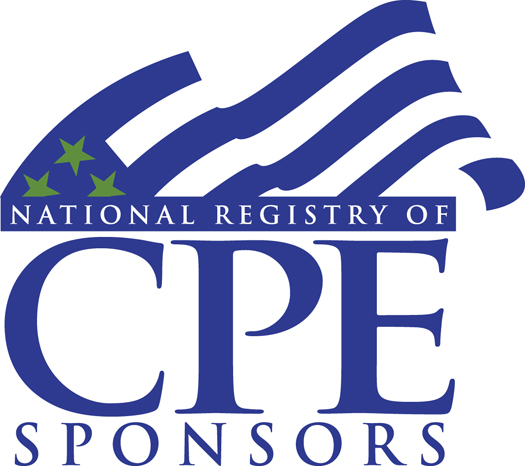SPRING PROGRAM – Group Live
Tax Issues of Irrevocable Trusts
This program will begin with an overview of the income taxation of irrevocable trusts. The remainder of the program will cover specific income tax issues practitioners may encounter when preparing Form 1041, U.S. Income Tax Return for Estates and Trusts, and in advising clients concerning those issues.
This is an intermediate level program for participants with a background in federal income taxes, including fiduciary income taxes. There are no prerequisites, and no advance preparation is required. The program is a group live lecture and will include a written course book participants can download as a PDF. At the conclusion of the program participants will understand important issues described below involved in the taxation of irrevocable trusts and to be able to use that knowledge in preparing fiduciary income tax returns for irrevocable trusts as well as assisting clients in dealing with such issues.
After completing this program students will be able to do the following.
- Understand the general income tax rules governing the taxation of irrevocable trusts.
- Recognize important issues related to determining the different definitions of “income” of irrevocable trusts.
- Recognize and properly report the income tax consequences to trusts and beneficiaries when factors exist limiting a trustee’s ability to make distributions
- Determine whether and means by which irrevocable trusts can by modified
- Be aware of important procedural issues affecting irrevocable trusts, including how to make and manage a 645 election to tax a trust as an estate
Topics include:
-
- Overview of taxation of trusts
- Grantor trust issues of irrevocable trusts: 5 and 5 powers; qualified subchapter S trust (QSST) elections; marital deduction or continuing trust with general power of appointment; beneficiaries allowing distributions or assets to remain held in trust when they should have been distributed
- Dealing with partnership and S corporation interests: fiduciary accounting income versus taxable income; preserving subchapter S status; trusts causing conversion of entity active trade or business income into passive activity net investment income (NII)
- Income issues: fiduciary accounting income versus taxable income; income and deduction allocations when various beneficial interests (including income) begin and terminate; income in respect of a decedent (IRD)
- Distributions: problems determining whether a trust is simple or complex; rules impacting taxation of distributions at both the trust and beneficiary levels, including tax issues with pecuniary and fractional gifts; issues with involuntary restrictions on trustee’s ability to make distributions
- Distributable net income (DNI): the capital gains conundrum, including effect of power to adjust and unitrust elections; separate share rule
- Current problems of retirement distributions to trusts
- Making changes to irrevocable trusts to cure problems
- Procedural issues affecting irrevocable trusts including the 645 election to tax a trust as an estate together with examples


